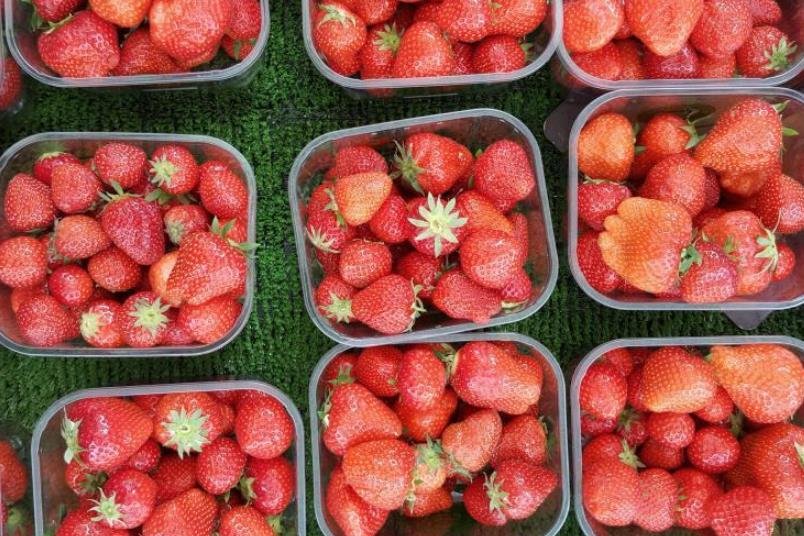In a significant move towards environmental sustainability, South Australia has implemented a ban on several single-use plastic food and beverage products. This initiative, effective from September 1, 2024, marks one of the most substantial phases in the state’s ongoing efforts to reduce plastic waste. The ban targets a range of commonly used plastic items, aiming to cut down on pollution and promote the use of eco-friendly alternatives.
The new regulations prohibit the sale, supply, and distribution of various single-use plastic items. Among the banned products are single-use plastic coffee cups and lids, which have been a significant source of plastic waste. These items are now replaced by more sustainable options such as compostable cups and lids made from biodegradable materials.

Plastic barrier bags used for fresh produce, nuts, and confectionery are also included in the ban. These bags, often used for a few minutes but lasting for centuries in the environment, are now being phased out in favor of reusable or compostable alternatives. This change is expected to significantly reduce the amount of plastic waste generated by grocery shopping.
Additionally, plastic-laminated paper shopping bags, plastic food bag tags, and plastic balloon sticks, ties, and confetti are no longer permitted. These items, commonly found in everyday use, contribute to the growing problem of plastic pollution. The ban encourages consumers and businesses to adopt more sustainable practices and materials.
Community Support and Environmental Impact
The decision to ban these plastic products has received overwhelming support from the South Australian community. A recent survey revealed that 97% of respondents favored the ban on single-use plastics, reflecting a strong public commitment to environmental protection. This widespread support has been crucial in driving the successful implementation of the new regulations.
The environmental impact of the ban is expected to be significant. By eliminating these single-use plastic items, South Australia aims to reduce its carbon footprint and protect marine life from plastic pollution. The ban is part of a broader strategy to halve the state’s carbon emissions by 2030, aligning with global efforts to combat climate change.
The Plastic Free SA program, funded through Green Industries SA, continues to provide support and resources for businesses transitioning away from single-use plastics. This program offers free advice on sustainable alternatives, helping businesses comply with the new regulations and contribute to a cleaner environment.
Future Phases and Sustainable Alternatives
The current ban is just one phase of South Australia’s comprehensive plan to eliminate single-use plastics. Next year, additional items such as plastic barrier bags for dairy products, meat, poultry, fish, and seafood, plastic fruit stickers, and plastic soy sauce fish containers will also be banned. This phased approach allows businesses and consumers time to adapt and find suitable alternatives.
Sustainable alternatives to single-use plastics are becoming increasingly available. Certified compostable bioplastic items, such as barrier bags, shopping bags, and food containers, are now widely used. These products meet specific environmental standards and can be disposed of in green organics bins, where they are transformed into valuable compost for local agriculture.
The legislation encourages the use of reusable items, such as cloth bags, stainless steel containers, and glass jars. By promoting a culture of reuse, South Australia aims to reduce waste and foster sustainable consumption habits. The success of these initiatives depends on the collective efforts of businesses, consumers, and policymakers.
















